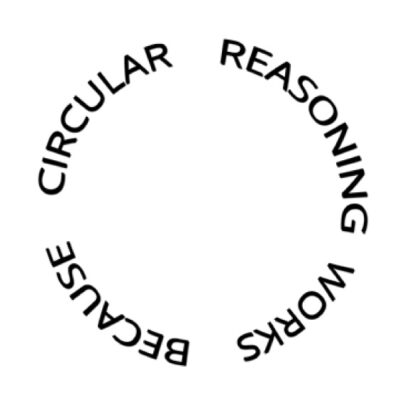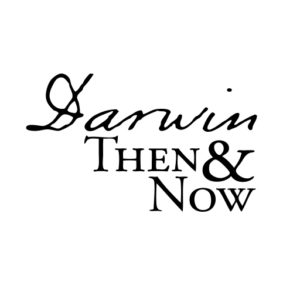Circular reasoning is a logical fallacy where the conclusion of an argument is assumed in the premise. Instead of offering independent support, the argument essentially says, “This is true because it is true.”
Classic Structure
Premise: X is true because of Y
Conclusion: Y is true because of X
Examples
- “Radiometric dating proves the age of rocks because we know how old the rocks are.” If the dating method is calibrated using assumptions about the rock’s age, it risks circularity.
- “Evolution is true because it says in biology textbooks.” The authority of the text is being justified by the text itself.
Implications
Circular reasoning does not necessarily mean the conclusion is false—but it does mean the argument fails to prove it.
Circular Reasoning is a subcategory of Science Study Methods
More
Scientific methods often use different reasoning processes, including –
-
- Inductive vs. Deductive Reasoning
- Circular Reasoning (current page)
- Epistemic Reasoning
- Dating Earth Reasoning
Darwin Then and Now is an educational resource on the intersection of evolution and science, highlighting the ongoing challenges to the theory of evolution.
Move On
Explore how to understand twenty-first-century concepts of evolution further using the following links –
-
- The Understanding Evolution category showcases how varying historical study approaches to evolution have led to varying conclusions. Subcategories include –
- Studying Evolution explains how key evolution terms and concepts have changed since the 1958 publication of The Origin of Species.
- What is Science explains Charles Darwin’s approach to science and how modern science approaches can be applied for different investigative purposes.
- Evolution and Science feature study articles on how scientific evidence influences the current understanding of evolution.
- Theory and Consensus feature articles on the historical timelines of the theory and Natural Selection.
- The Biography of Charles Darwin category showcases relevant aspects of his life.
- The Glossary defines terms used in studying the theory of biological evolution.
- The Understanding Evolution category showcases how varying historical study approaches to evolution have led to varying conclusions. Subcategories include –



